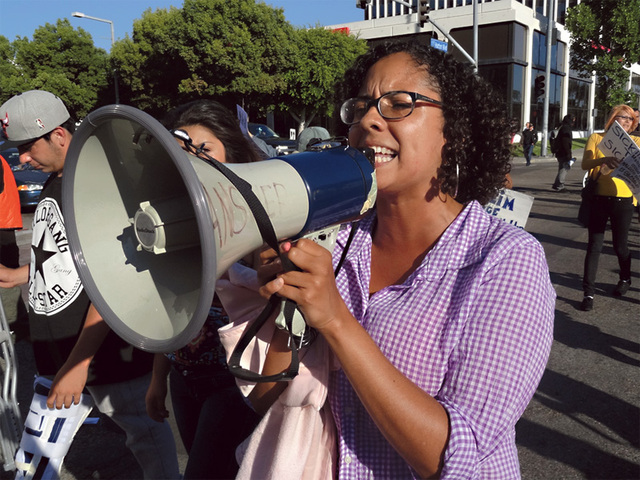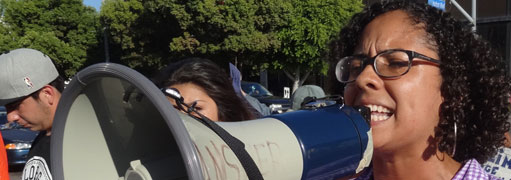Election 2012: Meet The Socialist Candidate For President
Young Candidate For President Calls For People To Get Organized




Latest Article|September 3, 2020|Free
::Making Grown Men Cry Since 1992





